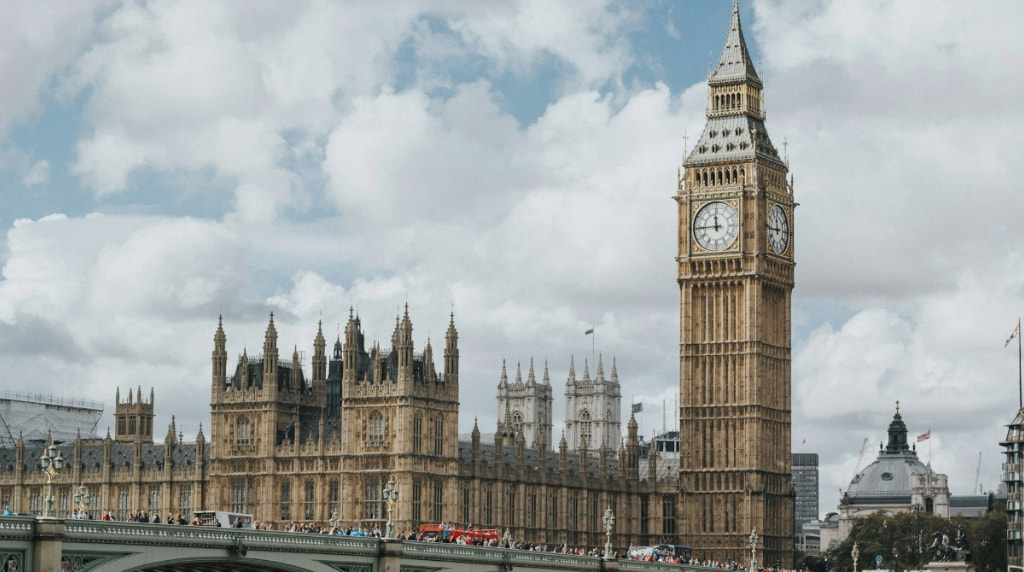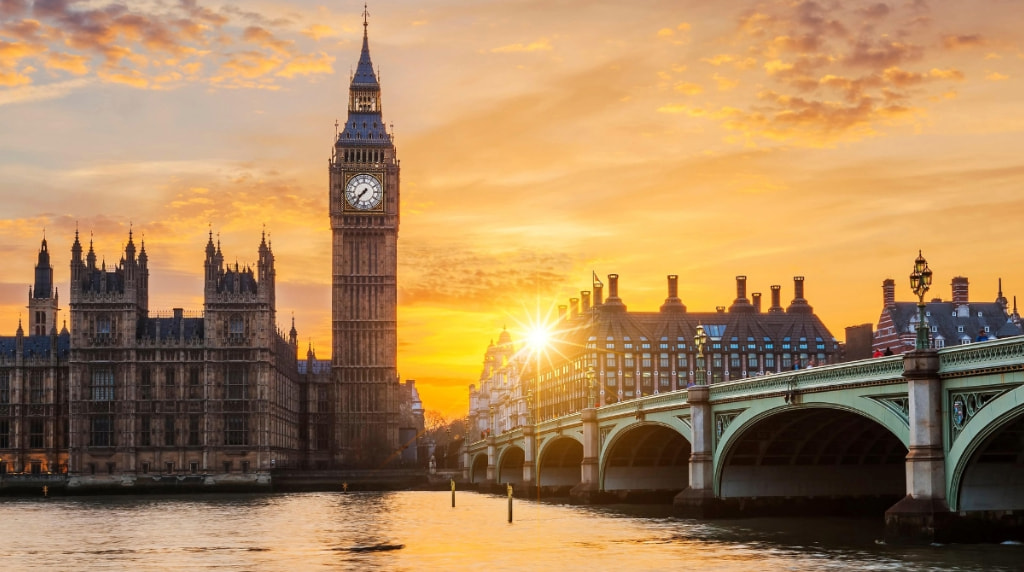Ecuador Reconsiders Casino Gaming
After casinos were banned in Ecuador in 2011, the country has dealt with a limited amount of gaming options for its residents. In fact, all gaming establishments were closed down a decade again, including dozens of land-based casinos and luxury casinos hosted at resort-hotels, popular with tourists and locals alike. Now the Latin American country is considering legalizing casino gaming again to help bring a much-needed boost into the economy and its tourism industry specifically.

The Ecuadorian government will soon debate bringing casinos back into legal free zones, after a ten-year ban on gambling came into effect in 2011. ©Andrés Medina/Unsplash
What would legal casino gambling in Ecuador look like if reintroduced?
The renewed interest in legalized gaming in Ecuador comes in the form of an investment law project. This project outlines the creation of “free zones” within Ecuador that would allow regulated casino gambling. The overall aim for this development is to bring in investment from outside of Ecuador, which is badly needed in the aftermath of the COVID-19 pandemic.
The project — titled the Organic Law for the Attraction of Investments, Strengthening of the Stock Market and Digital Transformation — was recently approved by Ecuador’s Economic Development Commission. The next step is debate within the country’s National Assembly.
Though the government has a difficult situation to navigate in that banning is fully outlawed in Ecuador and cannot simply be overturned, the way around this law seems to be the creation of free areas that would work under their own laws, but within the country of Ecuador. A good comparison within the gaming industry might be Native American reserves within certain U.S. states, or Freetown Christiania, a community within Copenhagen, Denmark, which is largely self-governed.
It is unclear whether these free zones would have any other special rules within them and how they will be governed. It is likely that these rules will be outlined as a part of the project debates. A date for debate is also not set yet, but the matter has been marked as urgent within Ecuadorian legislature, and therefore is likely to be discussed by March 24, 2022.
Since the emphasis of the project is on foreign investment, this legalization would not allow existing gaming companies within Ecuador to move their establishments to new free zones. Entrepreneurs within those free zones, however, would be encouraged to develop their own new projects and to attract foreign investment.
Ecuador’s new tourism minister Niels Olsen is firmly on the side of bringing back casino gaming to the country. In an interview in 2021, Olsen shared that he believes casinos can work just as well in Ecuador as they do in other regulated countries. He said:
“I am in favor of Ecuadorians being free to choose. This is a decision that Ecuadorians must take through a popular consultation if President Guillermo Lasso considers it so. In my opinion, casinos should be able to operate as long as they are properly regulated and are sources of employment, just as it is operated in other countries.”
It is understandable why bringing back casinos and bringing in investment is so tempting to those involved in tourism and other industries hit hard by the last years’ pandemic. Even before COVID-19, Ecuador has struggled with keeping citizens and workers within the country, and a large number of Ecuadorians live and work abroad, sending money to families back home.
The New Yorker recently reported that the industrial hub, and the nation’s second largest city, Guayaquil, Ecuador may have had the “world’s most lethal outbreak fo COVID-19 per capita.” High rates of hospitalizations, deaths, lockdowns, and lack of visitors all contributed to Ecuador’s tax revenue dropping by over a third in April 2020. On top of it all, Ecuador’s major export of oil saw a catastrophic drop in price in the same period.
The country is in need of new projects and building casinos — particularly luxury resort locations — is a tempting investment for outside business interests. With 77.2% of the population now fully vaccinated, it is likely that said casinos, once built, will be allowed to remain open and will see returns on investment in good time. That has been the trend in LATAM countries, which has been in discussion for some time like Chile, whose casinos have mostly or fully reopened in the last year.



